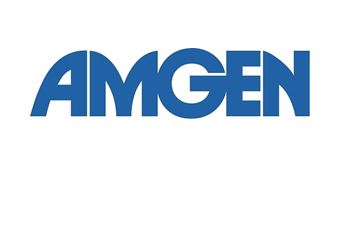Amgen's Kyprolis gains expanded myeloma use in Europe

Amgen’s Kyprolis (carfilzomib) has been granted an expanded label in Europe, to include use with dexamethasone alone in adults with multiple myeloma who have received at least on prior therapy.
This is the second new use for the drug that the European Commission has approved in less than a year.
The drug was first approved in Europe late last year in combination with dexamethasone and lenalidomide, in second line.
Approval was based on a phase 3 trial comparing Kyprolis plus dexamethasone with Takeda/Millennium’s Velcade (bortezomib) plus dexamethasone.
In the ENDEAVOR trial, the Kyprolis combination achieved superior progression-free survival compared with the Velcade combination.
The expanded indication will help with sales of Kyprolis, which are expected by some analysts to break through the billion dollar threshold over the next year or so.
Kyprolis is approved in US in combination with dexamethasone or with lenalidomide plus dexamethasone for the treatment of patients with relapsed or refractory multiple myeloma who have received one to three lines of therapy.
As a single agent for the treatment of patients with relapsed or refractory multiple myeloma who have received one or more lines of therapy.
In Europe, around 39,000 patients are diagnosed with multiple myeloma, an incurable blood cancer, each year and 24,000 patient deaths are reported on an annual basis.
Amgen’s executive vice president of R&D, Sean Harper, said: “In the phase 3 head-to-head trial, Kyprolis in combination with dexamethasone doubled the time patients lived without their cancer progressing, as well as the rates of complete response compared to bortezomib and dexamethasone.”
"Kyprolis-based regimens have now shown superiority over two former standard-of-care treatment options for relapsed multiple myeloma patients, reinforcing Kyprolis' place as a foundational therapy in this patient population."
Aside from innovative drugs such as Kyprolis, Amgen is trying to break into the market for biosimilars.
Its copy of AbbVie’s Humira (adalimumab), the world’s best selling drug, is under review in the US and Europe.












